The Mediterranean Youth for Water Network (MedYWat)
Empowering, Connecting & Change-Making
If you are wondering who is working on making a better future for water around the Mediterranean, this is how it’s being done!
The Mediterranean region is a rich region in terms of culture, history, tourism and agriculture with over 20 countries hosting around 480 million people largely along 46,000 km of coastline connecting three continents: Africa, Asia and Europe EA 2015). However, the region faces considerable challenges, notably climate change, increasing rates of water scarcity and imbalances in water distribution. The Middle East and North Africa (MENA) region is the most water scarce region in the world, with 15 countries in the region suffering from extreme water scarcity (less than 500 m³/year of renewable water per capita).
To tackle this challenge, a spectrum of actors needs to be involved in finding mitigation possibilities and adaptation solutions. We believe youth have played and continue to play an active role in the fields of water security and better water awareness at the local, national and regional levels all around the Mediterranean. Indeed, young people are innovating on water, and their actions and ideas should be acknowledged, shared and replicated to create a more secure regional water future. One example of how Mediterranean youth is contributing to water solutions is the Mediterranean Youth for Water network (MedYWat).
What is MedYWat?
MedYWat is a network of young water professionals from around the region. Its vision is a Mediterranean region in which youth are recognized and active stakeholders at all levels of water resources management. MedYWat’s mission is to engage young Mediterranean water professionals to create and share knowledge, build capacities and ultimately amplify youth’s voices on the regional and global water agendas.
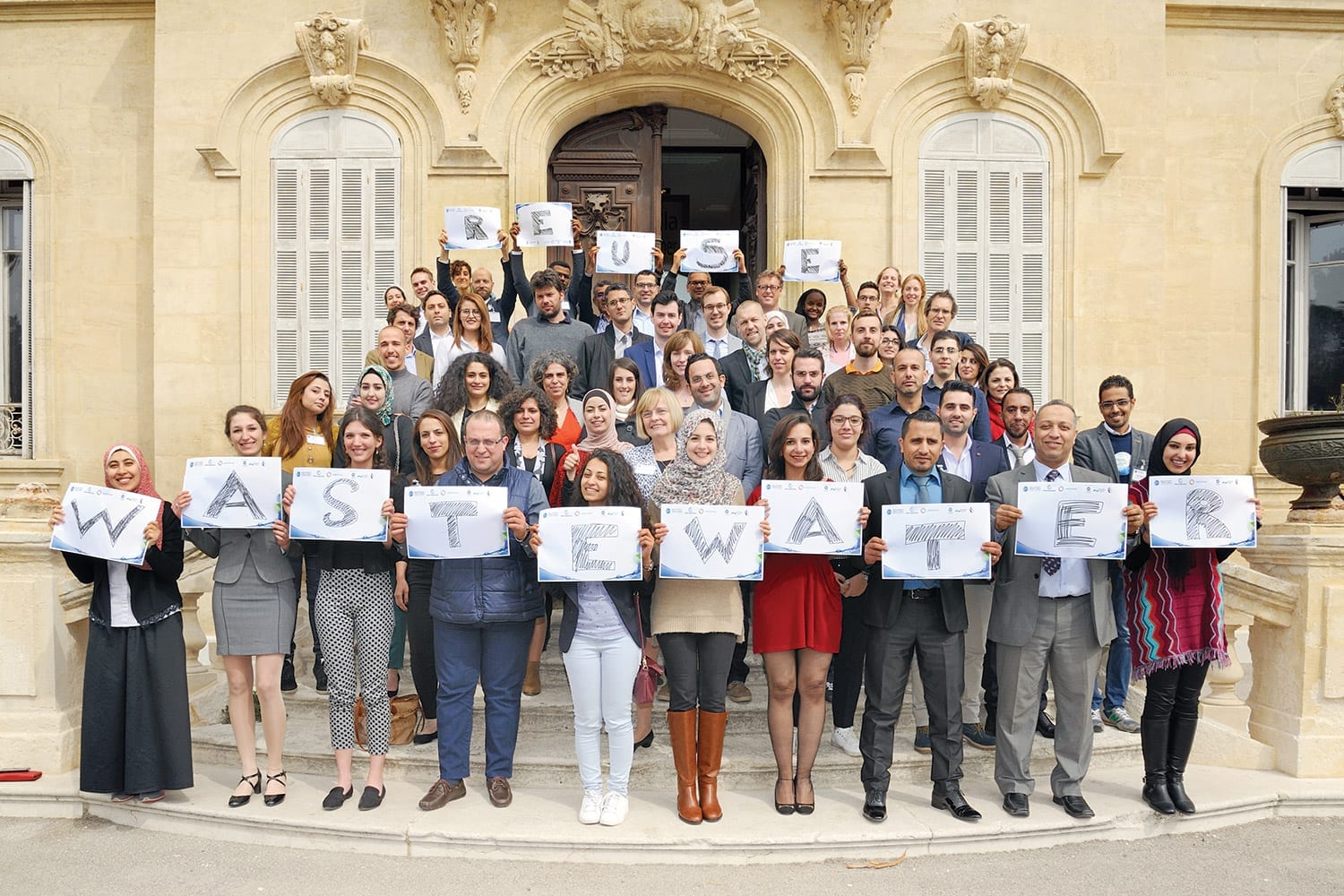
MedYWat is supported by the Center for Mediterranean Integration (CMI) based in Marseille, France; CMI is a multi-partner platform where development agencies, governments, local authorities and civil society from around the Mediterranean convene to exchange knowledge, discuss public policies, and identify the solutions needed to address key challenges facing the Mediterranean region. CMI notably works on water scarcity in the Mediterranean. Since youth is at the heart of the CMI’s agenda, creating and supporting this regional youth network devoted specifically to water challenges is fully consistent with its strategic objectives.
The network was launched on 22 March 2017 during CMI’s first World Water Day youth workshop on treated wastewater reuse and the circular economy that took place in Marseille and it has been growing ever since. In March 2018, it reconvened again at the CMI’s second World Water Day regional youth workshop on “Nature-based Solutions for a Water Secure Mediterranean” at Anafora community in Egypt. Bringing together over 80 young Mediterranean water researchers, entrepreneurs and activists working on water challenges in the region, the network members elected a coordination group which – in collaboration with all members – has been steadily developing and expanding MedYWat’s activities.

MedYWat’s values are based on inclusiveness, innovation and collaboration. Its members consider water as a critical public good in the region and are determined to positively impact the fragile water situation in the region, while connecting with other young water networks around the world. Furthermore, the network identifies young water professionals seeking to interact and create positive change together with regional water institutions and policy-makers.
MedYWat has been working on six different topics related to water from the technological and educational points of view:
- Water Education
- Water Governance
- Water Treatment and Reuse
- Water Management and Planning
- Sustainable Blue Growth
- Water And Migration
What follows are a few examples of the projects and programs MedYWat members are developing at local and regional levels:
1. Water Education (Palestine and Morocco)
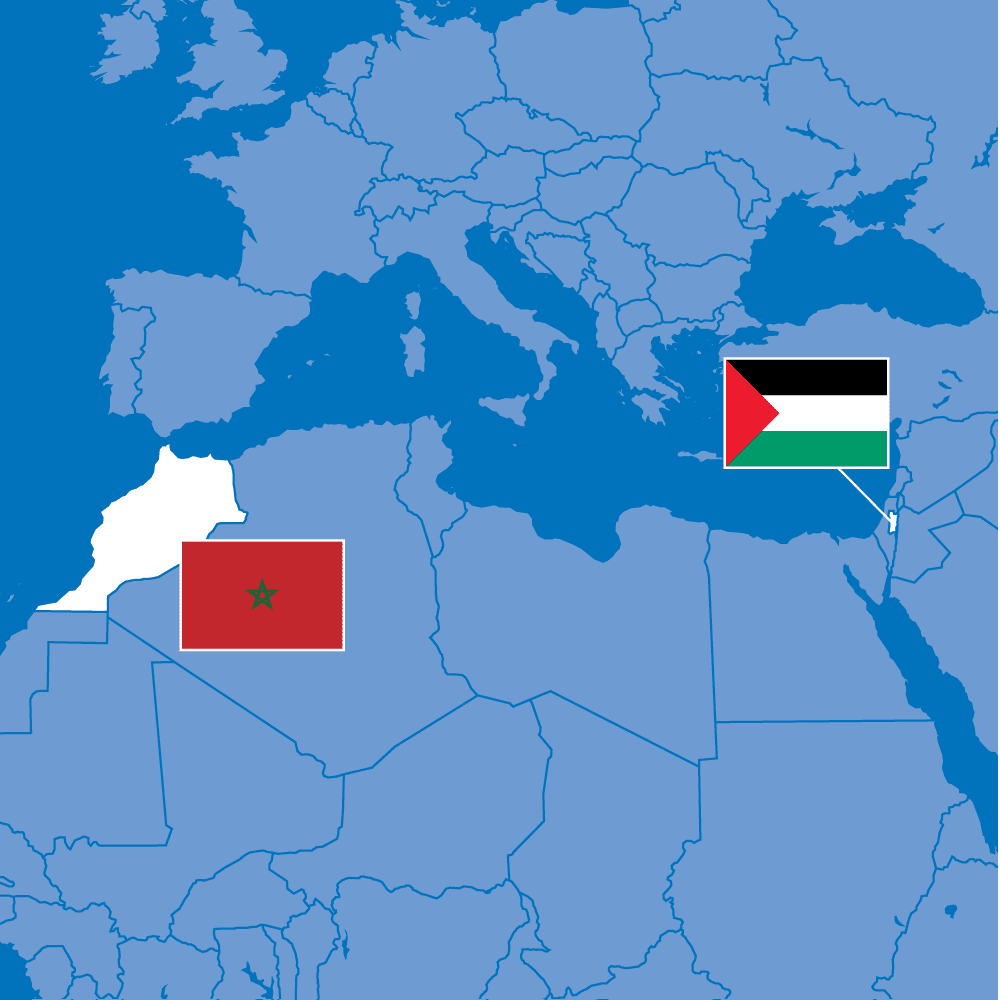
To address the region’s pressing water challenges and build more sustainable societies, it is important to raise a generation that values water and other environmental resources by using innovative and effective educational means. An example of such innovation in education is Lamis Qdemat (social entrepreneur, Palestine) who founded the Water Heroes educational game. This game, which children can play on the computer or mobile phone, is a fun way to learn about water resources, water recycling, and waste management. Lamis works with schools and local communities by delivering workshops on water management in order to increase students’ awareness about environmental issues and advance their skills in waste recycling.
In the fields of higher education and academic research, several MedYWat members are active researchers of water solutions. For example, Dr. Faissal Aziz (University of Cadi Ayyad, Morocco) conducts practical research on climate change adaptation, water and wastewater treatment, treated wastewater reuse and water management in North Africa. In addition to teaching courses on water and ecosystems, Faissal supervises several PhD students whose theses focus on water treatment.
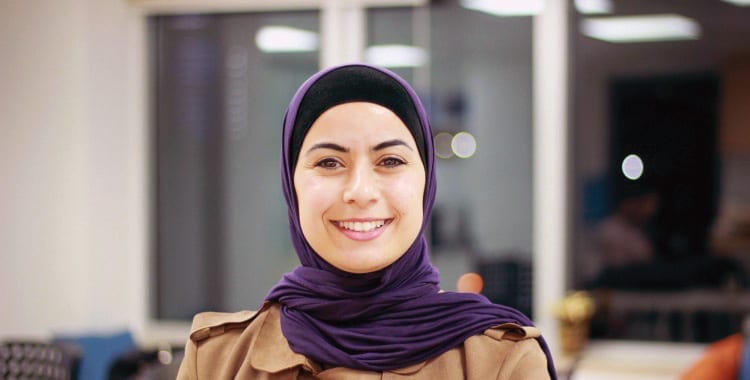
2. Water Governance (Jordan and Morocco)
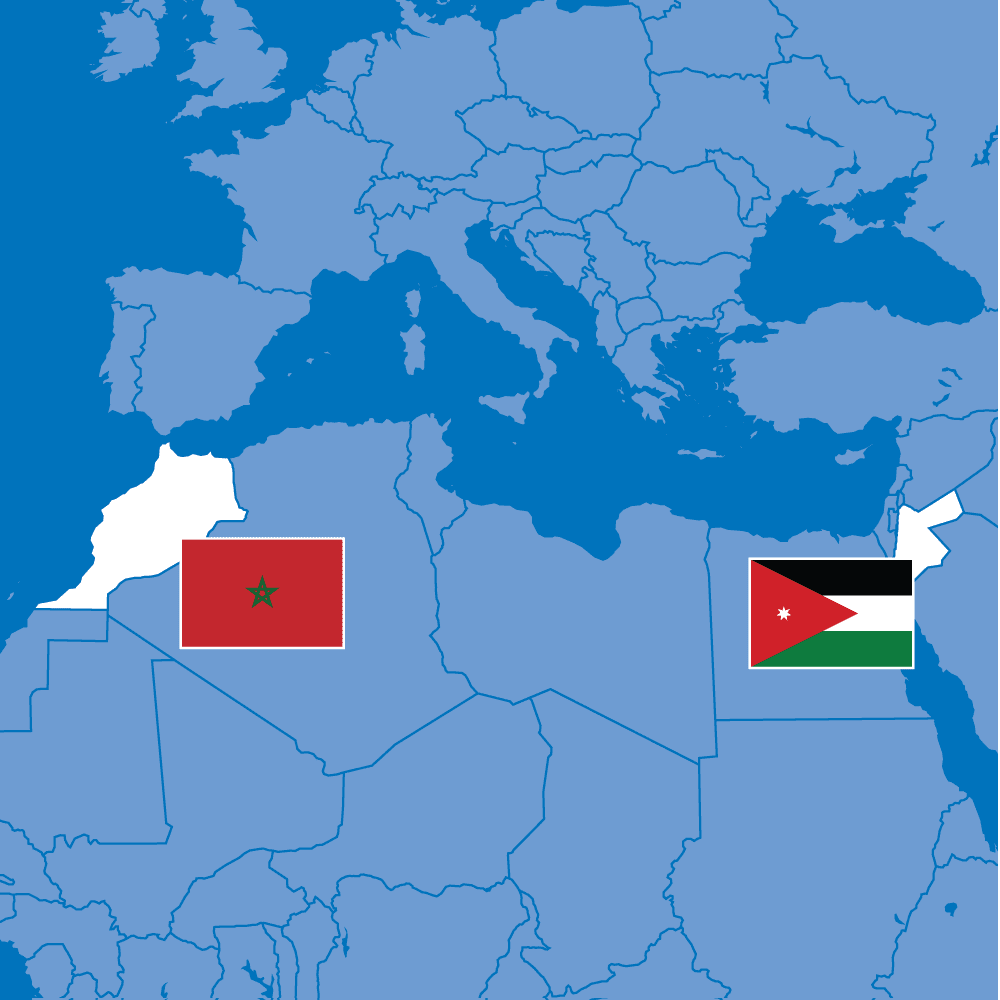
Water scarcity in the region is not only a result of physical water shortages, but is also linked to the lack of good governance structures, high water demand, and low levels of trust between different parties sharing the same water resources. MedYWat members are conducting research and building practical knowledge in these fields across the region. In the field of water governance, for instance, Dr. Hussam Hussein (Jordan, based at the University of Kassel, Germany) is conducting innovative research on the role of discourses in shaping water policies in the Middle East, on transboundary water governance and critical hydro-politics, and on issues related to the political economy of water resources in arid and semi-arid regions. Another MedYWat member, Fatine Ezbakhe (Morocco, PhD researcher at the Polytechnic University of Catalunya, Spain) is studying the ways in which addressing water pollution can be a means to achieving the Sustainable Development Goals (SDGs) by bringing her expertise in civil engineering into the field of water governance.
3. Water Treatment and Reuse (Morocco, Egypt and Spain)
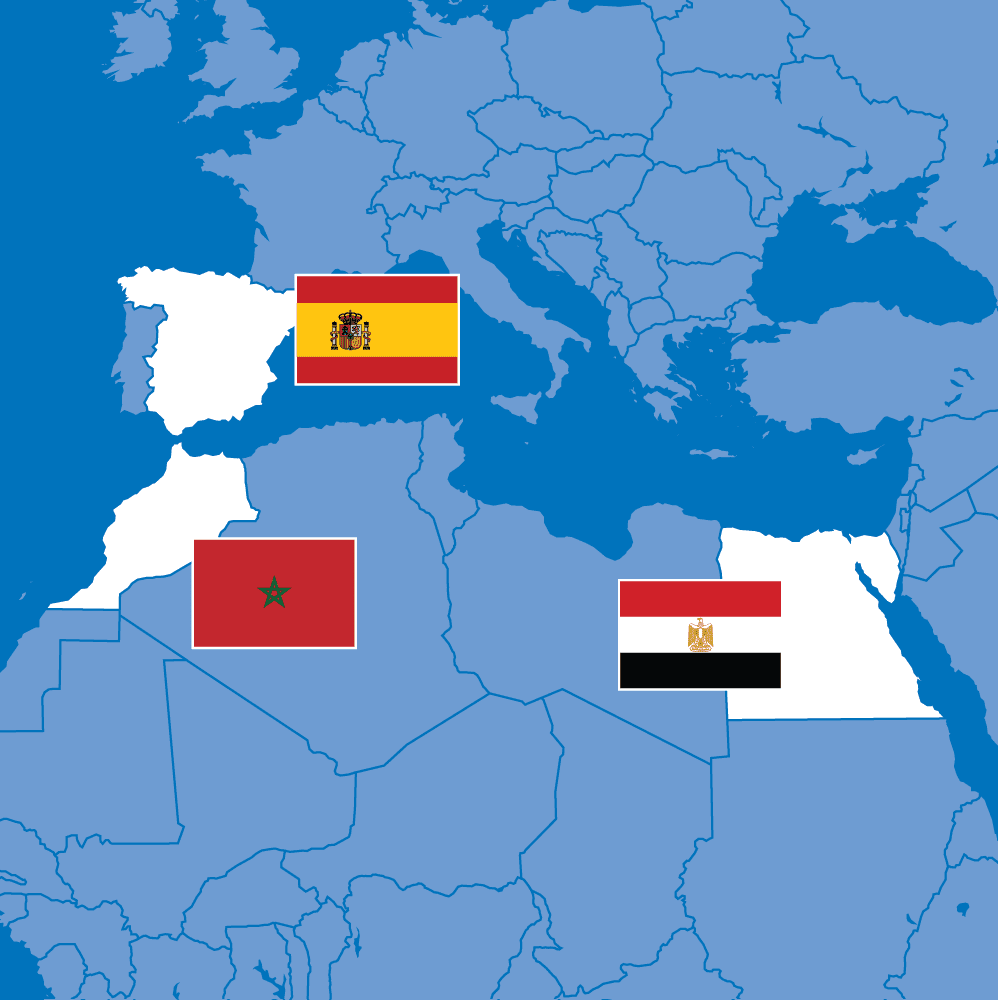
Several MedYWat members are actively involved in research in the fields of water treatment as well as wastewater management and reuse. One example is the work of Anas Tallou (PhD Student, Sultan Moulay Slimane University, Morocco) who founded Inkol, an innovative technique for producing ink from olive mill wastewater, which is an organic waste byproduct of olive oil production. Wastewater produced by olive oil mills is phytotoxic and can therefore degrade soils and water resources. Anas is an accomplished Arabic calligrapher and an active MedYWat member who is investigating how to solve this problem using a circular economy approach, by producing natural inks from this olive mill wastewater instead of resorting to industrial inks. Another example is Ahmed Ayoub (PhD student, CIHEAM Bari, Italy) who is a MedYWat member from Egypt conducting research on water management systems and the modernization of surface irrigation systems in Egypt. In Spain, Dr. Francisco Pedrero (Irrigation Department, CEBAS-CSIC, Murcia, Spain) conducts research on the use of water from wastewater treatment plants for horticultural crop irrigation.
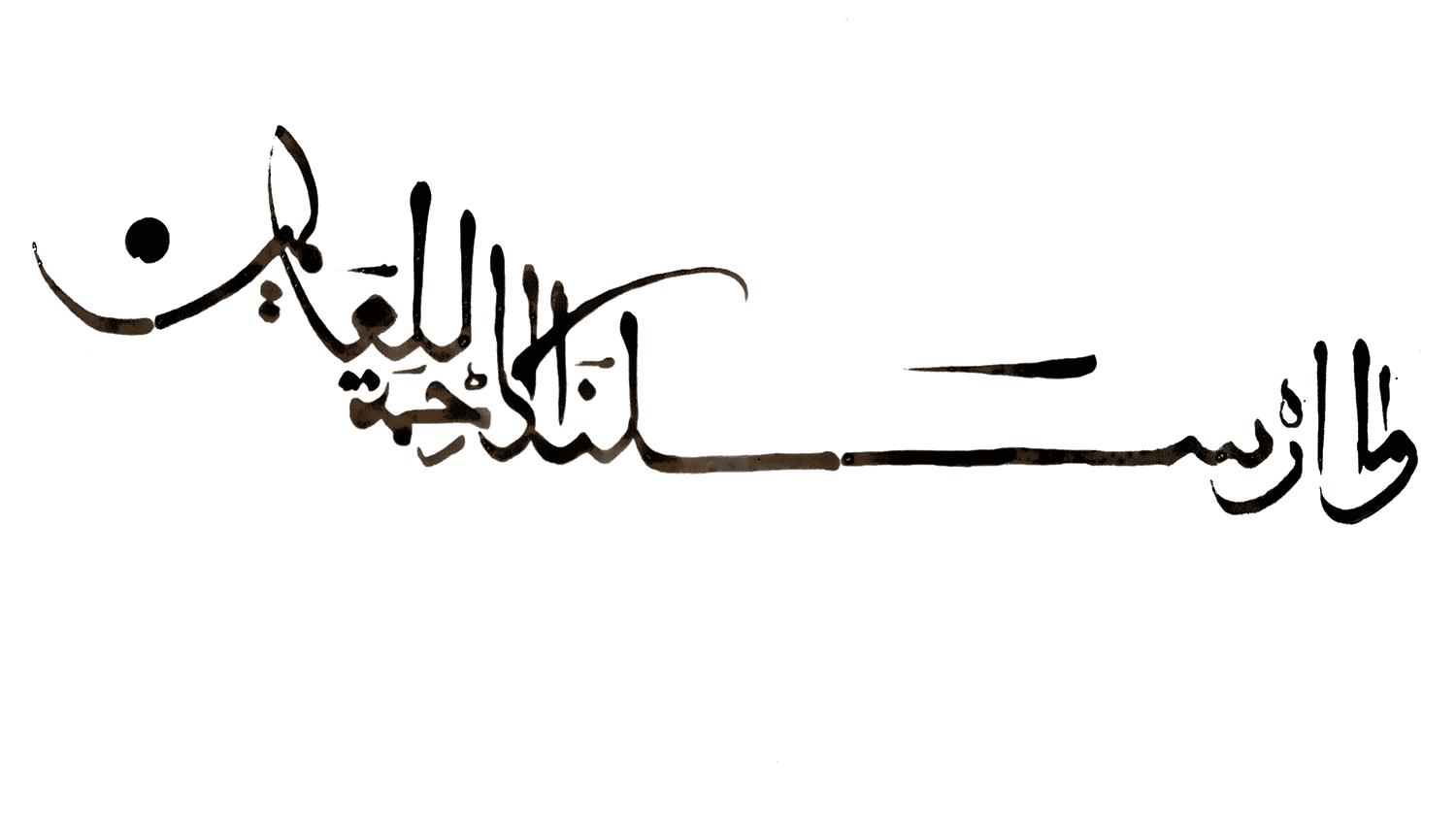
4. Water Management and Planning (Tunisia)
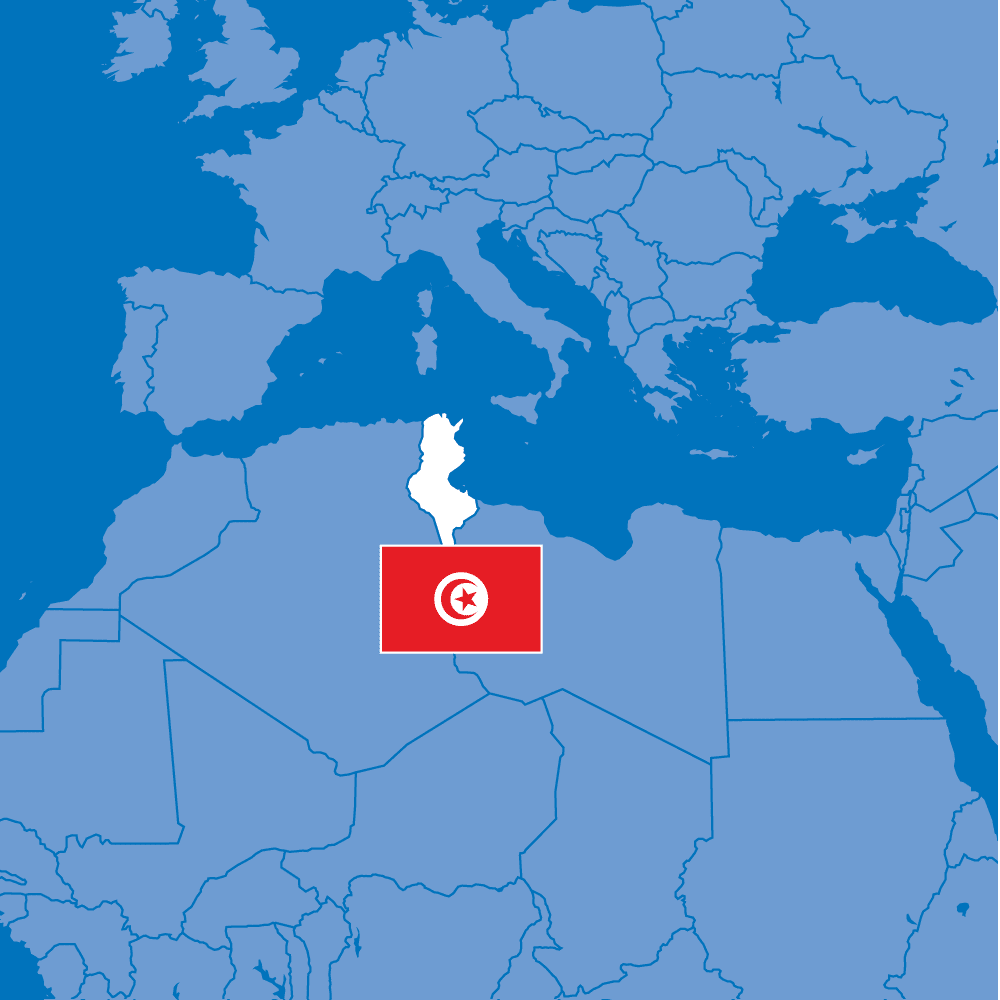
Unsustainable water use is a problem that many countries in the Mediterranean region face. Wise water management can help the region’s growth and stability. Several MedYWat members work on solutions for narrowing the gap between the supply and demand of water and to find ways to ensure water security. In the field of agriculture, one example is Chahtech – a social business project from Tunisia. Chahtech is innovating in water management systems by developing innovative irrigation solutions as well as promoting best practices for sustainable agriculture. MedYWat member and social entrepreneur Wassim Chahbani is actively involved in the “Buried Diffuser” (one of Chahtech’s solutions) – an award-winning underground irrigation system that delivers water and nutrients to plants at the root level, drastically reducing water losses in irrigation, especially compared to the commonly used techniques. Also in Tunisia, MedYWat member Ines Gasmi (PhD student, Institute of Arid Regions, Medenine, Tunisia) is working on the relationship between water, agriculture, and food security by studying irrigation water management and water solutions in agriculture in relation to climate change.

5. Sustainable Blue Growth (SBG) (Tunisia and Italy)
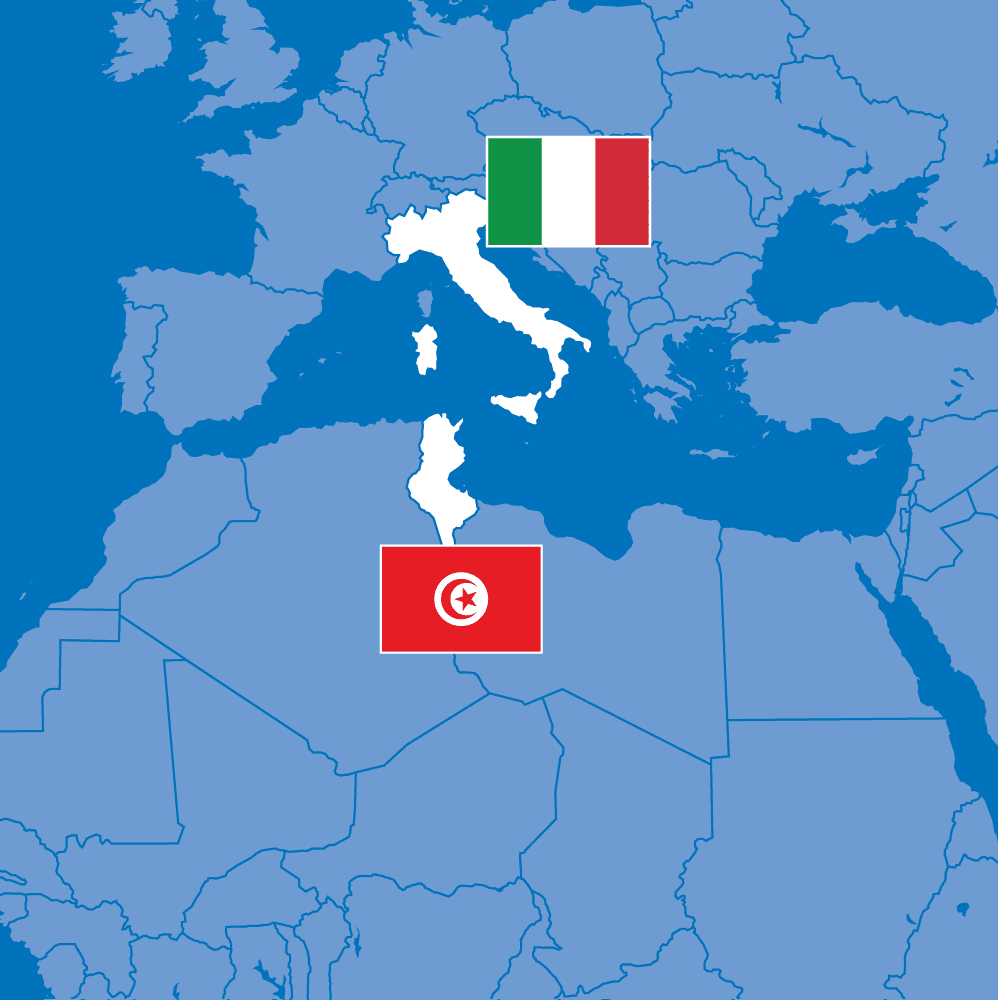
The International Maritime Organization considers shipping as one of the most important and dangerous industries in the world due to its impacts on blue growth. MedYWat aims to contribute positively in this field. Therefore, MedYWat member Baya Aissaoui (Tunisia, PhD Student, University of Trieste, Italy) is conducting research on sustainable blue growth in the Mediterranean. Baya is developing an E-Learning Online Open Course (MOOC) on Sustainable Blue Growth to raise awareness on this theme and to build a core of leading expertise in the Mediterranean on this topic. To address the challenges linked to shipping and blue growth, Baya is also co-developing a Mediterranean Ballast Water Management system (MBWM) that will help protect marine ecosystems and limit possible negative impacts on human health as well as coastal and marine ecosystems.
6. Water and Migration (Palestine and Jordan)
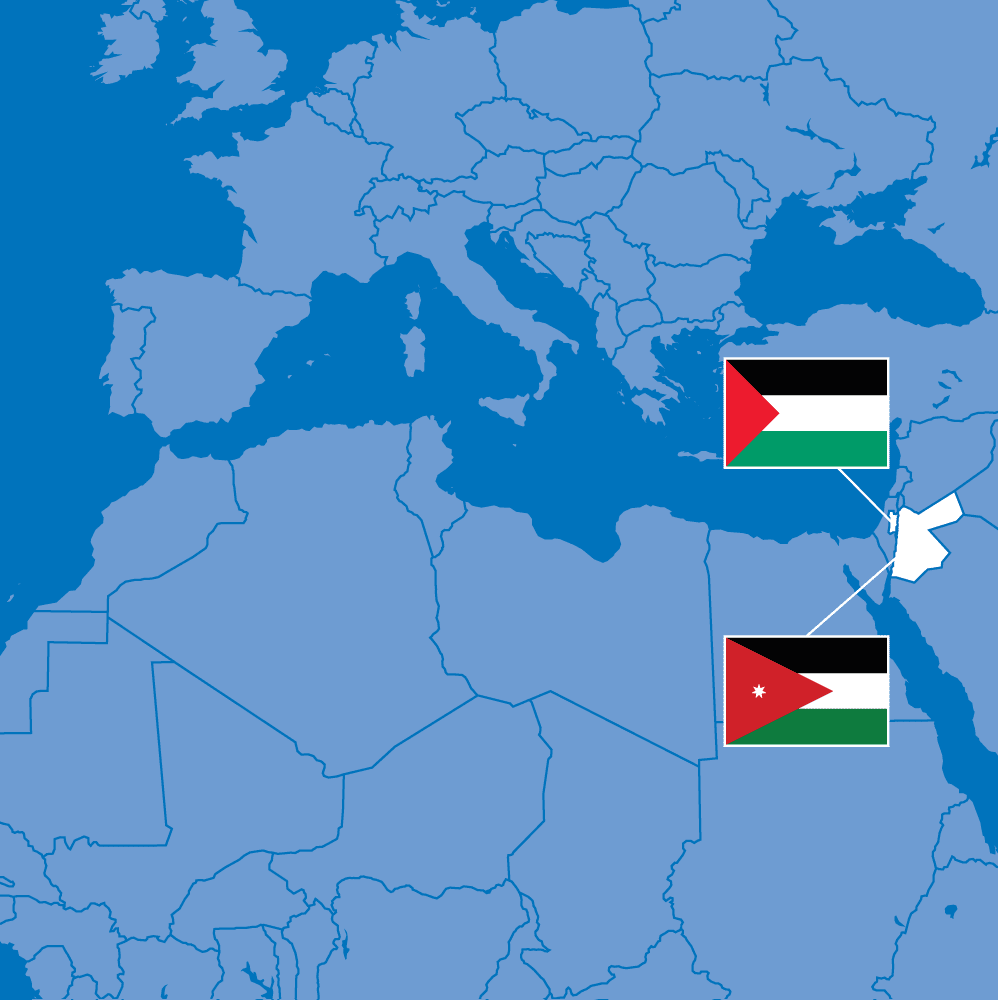
In preparation for CMI’s World Water Water Day workshop on Water and Migration, MedyWat members are currently studying how climate change and extreme weather conditions like severe floods or droughts can lead to temporary or permanent migration and displacement and are developing joint working papers to contribute to this topic and event. Moreover, several MedYWat members are active scientists and researchers working with refugee communities in the Mediterranean region. For example, Ghadir Arafeh (Water and Environment researcher at Birzeit University, Palestine) is one example. Ghadir is currently conducting a visibility study to identify solutions for water shortage problems and waste-water management in Al-Jalazoun refugee camp in Ramallah (Palestine) and Al-Yarmouk refugee camp in Jordan (in collaboration with Al-Balqa’ Applied University). Ghadir has also conducted research studies related to gender mainstreaming in water and environment in the Palestinian context. Similarly, Kholoud Al-Ajarma (PhD researcher and refugee rights advocate, Palestine) has worked for years among refugee communities in the region, not only in relation to water, but also refugee rights, conflict and displacement. Together, these members are striving to find solutions to water issues in the region in the fields of water and migration.
The projects, research activities and other accomplishments mentioned here are just a few examples of the work and knowledge of the members of the MedYWat network. Every member of the network is bringing valuable contribution in the fields of knowledge production, dissemination, awareness raising and innovation. What brings them together is a collective youth vision for a better water-secure Mediterranean region where they can play an active role in the region’s future and sustainability. Of course, the network welcomes new members from the region who share its vision and passion, and who would to contribute to its mission and activities!
MedYWat Activities on 3 Continents
MedYWat has been active in the three continents of the Mediterranean (Europe, Africa and Asia). Several MedYWat members represented the network in the high-level International Conference on the International Decade for Action, “Water for Sustainable Development, 2018-2028” that took place in Dushanbe, Tajikistan. MedYWat was also represented at the International Water Association Regional Conference on Water Reuse and Salinity Management (IWARESA), held in Murcia, Spain. At the conference, MedYWat members held a session under the title of “The Role of Young Water Professionals in building a more Water Secure Mediterranean: Opportunities and Challenges. In Jordan, several MedYWat members participated as key speakers at the “Women, Water and Youth: Perspectives from the MENA Region” conference organized by the Center for Mediterranean Integration (CMI) and the Arab International Women’s Forum (AIWF). In October 2018, MedYWat took part in a session on “Youth, Water and Migration” at the AMWAJ Forum organized by REVOLVE in Barcelona, Spain. Through these activities, MedYWat’s members hope to contribute to the emergence of a more unified water awareness in the region ready to address its most pressing water issues, catalyzed by youth engaged in creating a sustainable Mediterranean region.
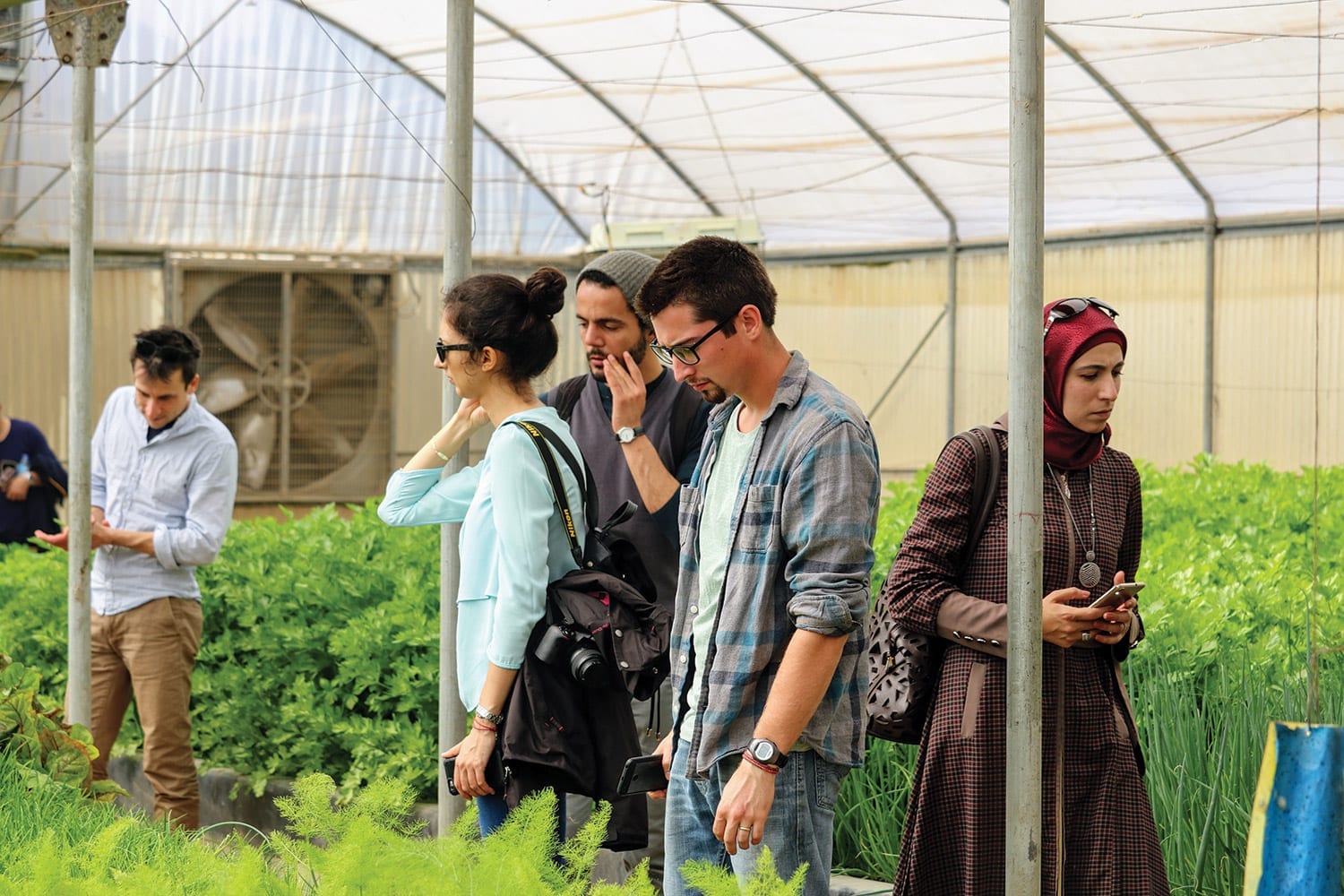
Capacity-Building among MedYWat Members
MedYWat members are involved in internal peer-to-peer learning and cooperation processes that ensure the dissemination of knowledge and expertise across the region. Network members organize monthly webinars where they discuss developments in their work and research, share knowledge on the themes and other topics of their interest and exchange ideas. MedYWat’s knowledge production efforts are focusing on “Water and Migration” – the theme of World Water Day 2019. CMI and senior experts from its partner organizations are supporting and mentoring MedYWat members conducting research on “Water and Migration” in the Mediterranean through an internal MedYWat Call for Papers on this topic. CMI, MedYWat and other partners are coordinating the third Mediterranean Water Heroes Contest and subsequent World Water Day workshop in March 2019 in Marrakesh, Morocco.